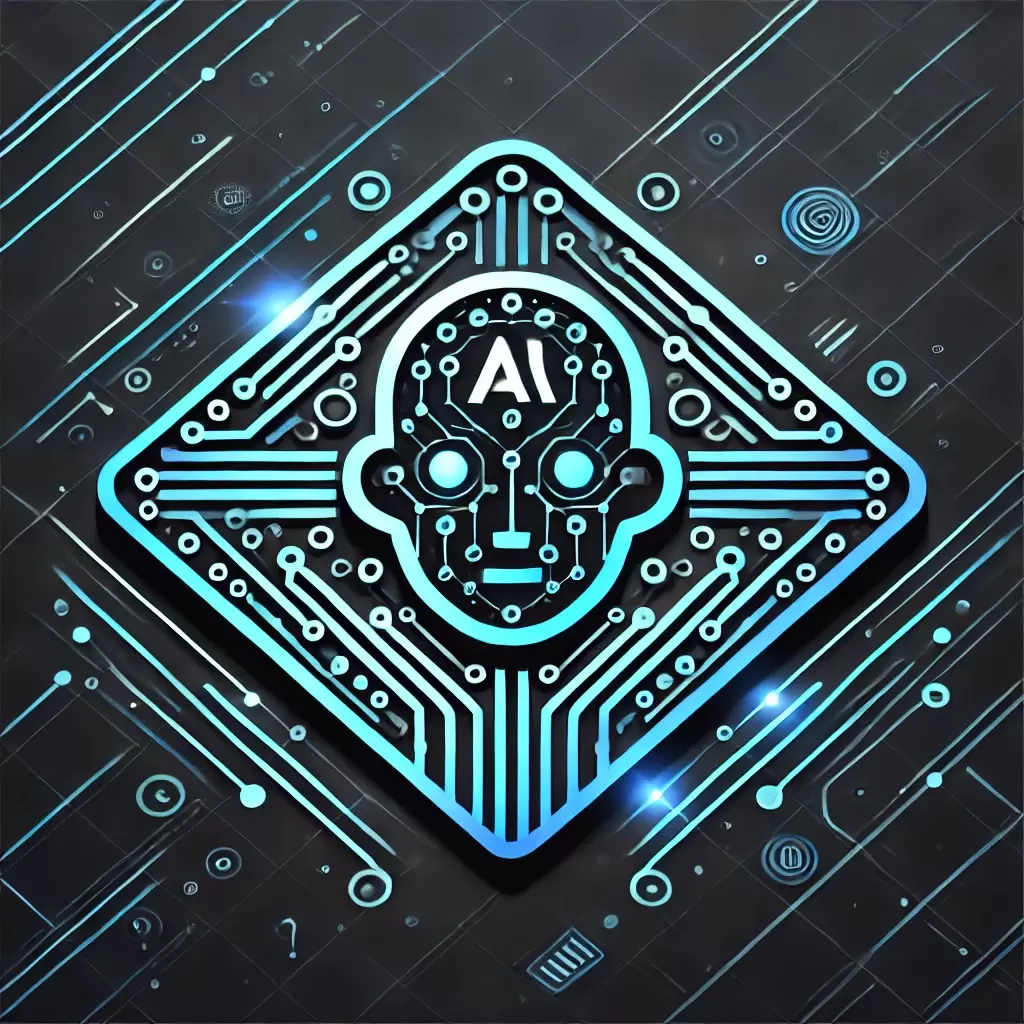Your Guide to Gold Prices per Gram Today
Discover insights about Your Guide to Gold Prices per Gram Today. Stay updated with the latest trends in technology, AI, and programming on Moedete.com.

Discover insights about The Ultimate Guide to Personal Development. Stay updated with the latest trends in technology, AI, and programming on Moedete.com.
Personal development is a lifelong process that involves enhancing one's skills, knowledge, and self-awareness to achieve personal goals and improve overall well-being. It encompasses a wide range of activities, including education, career planning, relationships, and health. Understanding and engaging in personal development is crucial for anyone looking to lead a fulfilling and successful life. This comprehensive guide will explore the key aspects of personal development, providing detailed insights and practical examples to support each point.
Table of contents [Show]
Personal development begins with self-awareness and the recognition of one's strengths and weaknesses. It involves setting realistic goals and creating a plan to achieve them. This section will delve into the foundational elements of personal development, including self-assessment, goal setting, and the importance of continuous learning.

Before embarking on any personal development journey, it is essential to conduct a thorough self-assessment. This process involves reflecting on one's values, beliefs, and behaviors to identify areas for improvement. For example, someone might realize they need to improve their time management skills to achieve a better work-life balance. Tools such as personality tests and feedback from trusted friends or mentors can be invaluable in this process.
Setting clear, achievable goals is a critical component of personal development. Goals should be specific, measurable, attainable, relevant, and time-bound (SMART). For instance, a goal to "improve public speaking skills" could be refined to "join a local Toastmasters club and give three speeches by the end of the year." This specificity helps in tracking progress and maintaining motivation.
Once the foundation is laid, implementing strategies to foster personal growth becomes the next step. This section will cover various strategies, including education, networking, and self-care, which are essential for comprehensive personal development.
Education is a cornerstone of personal development. Whether through formal education or self-study, learning new skills and expanding knowledge

Building and maintaining relationships is crucial for personal and professional growth. Networking can lead to mentorship opportunities, job offers, and collaborative projects. For instance, joining a professional association in your field can connect you with like-minded individuals who can offer support and advice.
Personal development also includes taking care of one's physical and mental health. Regular exercise, a balanced diet,

Personal development is not without its challenges. This section will explore common obstacles and provide strategies to overcome them, ensuring a smoother path to personal growth.
Procrastination and lack of motivation can hinder personal development efforts. Strategies such as breaking tasks into smaller, manageable steps and setting deadlines can help combat these issues. For example, if writing a book seems daunting, starting with a chapter outline can make the task more approachable.
Failure is an inevitable part of personal development. Learning to view setbacks as opportunities for growth is essential. For instance, if a business venture fails, analyzing what went wrong and how to improve next time can lead to greater success in future endeavors.
Personal development is a multifaceted journey that requires dedication, self-awareness, and continuous effort. By understanding the key components and implementing effective strategies, anyone can enhance their skills, achieve their goals, and lead a more fulfilling life. Remember, the ultimate guide to personal development is a personal one, tailored to your unique needs and aspirations.
For further reading, consider exploring resources such as Wikipedia's Personal Development page or MindTools for practical tools and advice.
This guide has provided a comprehensive overview of personal development, from foundational concepts to practical strategies for overcoming challenges. By applying these insights, you can embark on a transformative journey of personal growth and achievement.
Discover insights about Your Guide to Gold Prices per Gram Today. Stay updated with the latest trends in technology, AI, and programming on Moedete.com.
Discover insights about Choosing the Best Cryptocurrency Trading Platform. Stay updated with the latest trends in technology, AI, and programming on Moedete.com.
Discover insights about Ultimate Guide to Starting a Successful Online Business in 2024: Strategies and Tips. Stay updated with the latest trends in technology, AI, and programming on Moedete.com.
